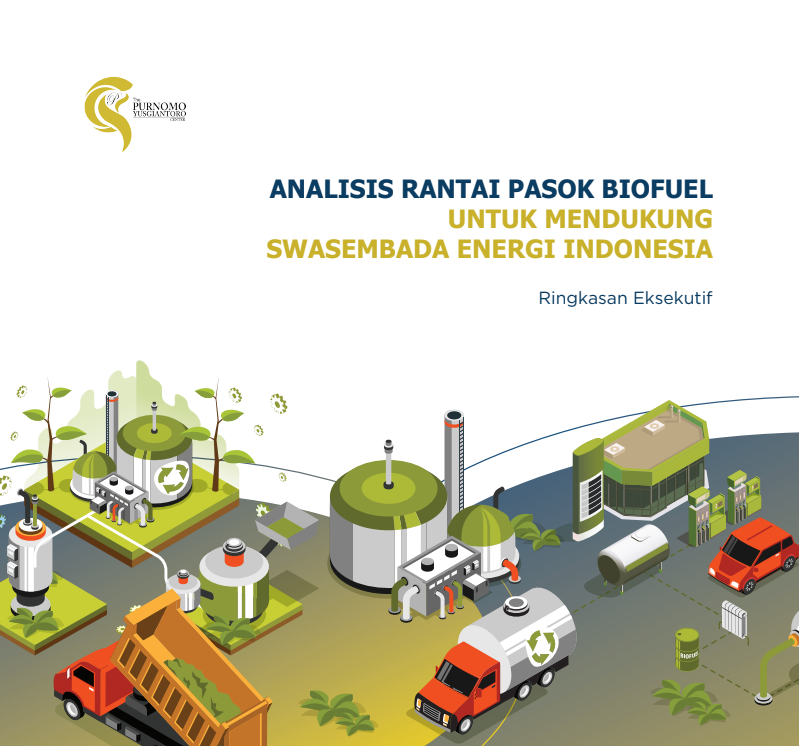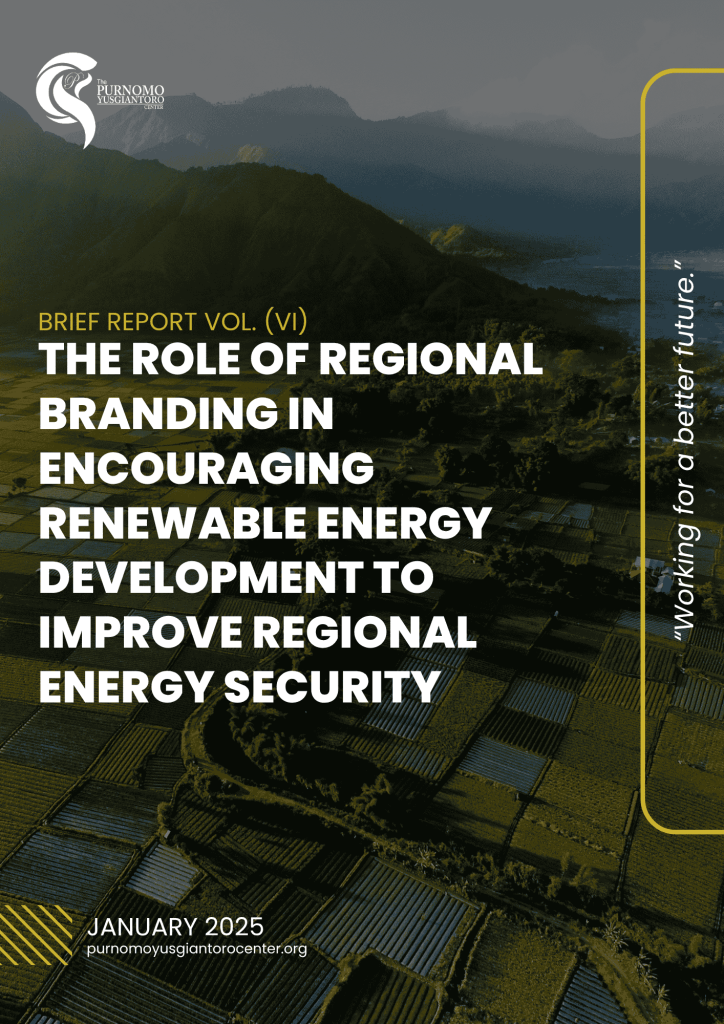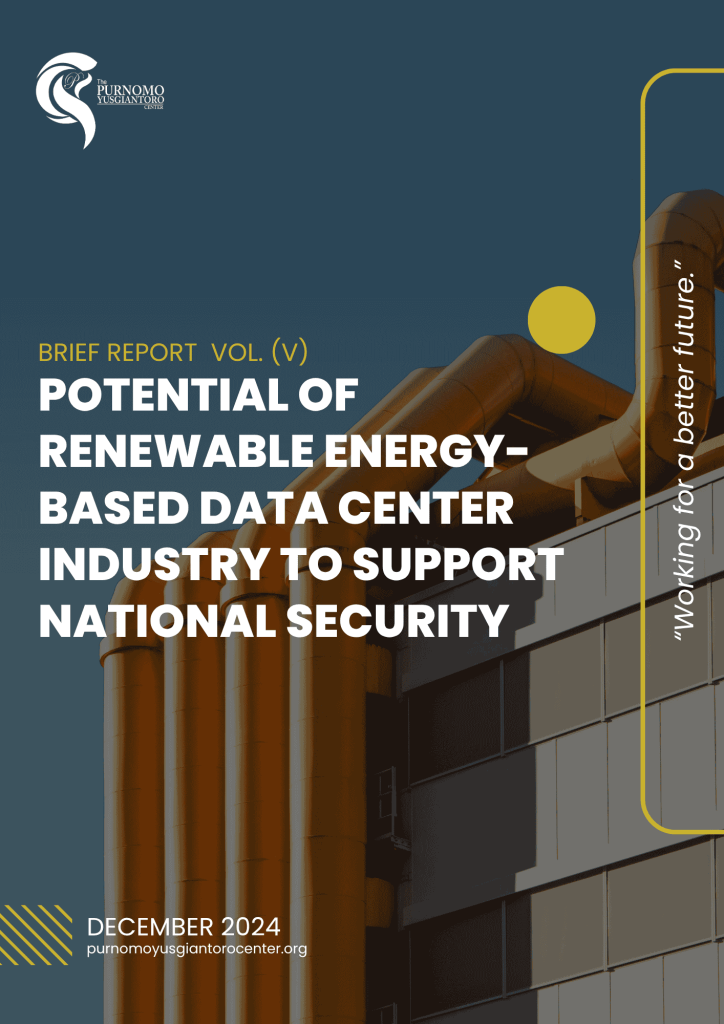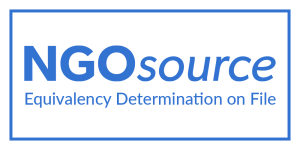This report is based on the analysis and recommendations from PYC IEC 2023, with the theme “Collaboration in Action for an Inclusive Energy Roadmap.” The conference outlined issues regarding the current energy transition, focusing on policy, funding, and human resources as key challenges and opportunities.
The report highlights the energy transition efforts in the ASEAN region, particularly in Indonesia, as they face significant challenges in shifting from reliance on fossil fuels to greater utilization of new and renewable energy (NRE). These efforts are crucial given the growing energy demand driven by economic and population growth. Cross-sectoral collaboration and stakeholder involvement are essential to accelerate the adaptation of NRE technology and infrastructure while overcoming financial barriers. A multi-stakeholder commitment is expected to shape an inclusive, just, and sustainable energy system.
Just Energy Transition (JET) Overview
JET emphasizes the importance of integrating fairness principles throughout the energy transition process. It not only focuses on the shift from fossil fuels to NRE but also ensures the protection and fair treatment of workers and communities impacted by the transition. Therefore, both upstream and downstream sectors must transform simultaneously to create an efficient and effective energy transition.
Current Situation: Policy, Funding, and Human Resource Development
Regarding policy, ASEAN Member States (AMS) have made strong commitments to address and mitigate climate change by setting Nationally Determined Contribution (NDC) targets, with each country considering its potential to utilize NRE resources. ASEAN is also strengthening cooperation under the ASEAN Power Grid (APG), Trans-ASEAN Gas Pipeline (TAGP), and ASEAN Petroleum Security Agreement (APSA). In Indonesia, energy transition policies include accelerating the phase-out of coal-fired power plants (PLTU) and increasing renewable energy capacity. These targets align with the Just Energy Transition Partnership (JETP) program.
In terms of funding, most NRE projects in ASEAN, including Indonesia, still rely on public sector funding. However, achieving climate targets requires greater contributions from the private sector. Currently, private investment in NRE remains limited, partly because available investment schemes are less attractive. Instruments such as environmental, social, and governance (ESG) bonds are now being implemented to attract private investment. Nevertheless, the main challenges in funding new and renewable energy include the high initial capital requirements and risks associated with clean energy projects.
In the human resource sector, the energy transition creates many green job opportunities but also has the potential to reduce jobs in the fossil fuel sector. Therefore, vocational education and training transformation is key to preparing the workforce for a greener future. According to a study by the International Labor Organization (ILO), Indonesia lags behind other ASEAN countries in policy readiness for green jobs. One reason for this lag is the lack of active government involvement in creating green job opportunities.
Analysis and Discussion
The industrial, transportation, and building sectors are the largest consumers of NRE in Indonesia. Efforts to improve energy efficiency and electrification in these sectors will reduce energy consumption and emissions. The implementation of energy efficiency policies, minimum energy performance standards, the phased-out shutdown of coal power plants, NRE acceleration, and support for electric vehicles are some of the strategic steps taken by the Indonesian government.
Multilateral and blended finance plays a crucial role in supporting renewable energy projects. Mechanisms such as Public-Private Partnerships (PPP) can mobilize private sector investment in clean energy projects. Additionally, the Energy Transition Mechanism (ETM) and Just Energy Transition Partnership (JETP) are examples of multilateral funding to encourage energy transformation in Indonesia.
The readiness of the workforce for the energy transition requires government policy support, investment in education and training, and collaboration between universities and industries. Countries like Germany, Japan, Thailand, and Vietnam offer examples of training programs for impacted coal industry workers and community engagement in NRE projects. In the industrial sector, Schneider Electric contributes to human resource development in the clean energy sector.
Recommendations
The transformation to achieve an inclusive energy transition is inseparable from collaboration, synergy, and stakeholder cooperation. Therefore, this report summarizes recommendations to support the formation of an inclusive energy transition framework in Indonesia, based on a pentahelix perspective—synergy between government, private sector, academia, NGOs, and media. Through this inclusive approach, each sector and stakeholder is actively involved in Indonesia’s energy transition, driving comprehensive and collaborative efforts toward a sustainable energy future.




